Revised KGS Guidelines for Hydrogen Equipment in Korea
The 159th Gas Technology Standards Committee Meeting, held on November 15, 2024, by the Korea Gas Safety Corporation (KGS), introduced significant revisions to 11 KGS codes, including updates related to hydrogen equipment. Changes to hydrogen equipment standards include KGS AH171 for hydrogen extraction facilities and KGS AH271 for water electrolysis equipment, both of which now align overcurrent protection and grounding standards with international norms (IEC 60204-1 and IEC 60364-5-54). For stationary fuel cells, as per KGS AH371, safety measures for idle operation during grid anomalies have been added, and performance testing of power conversion devices has been harmonized with Korean standards (KS C 8569). Mobile hydrogen fuel cells also saw updates, including higher allowable exhaust temperatures for forklifts (KGS AH372) and improved durability testing for drone applications (KGS AH373) to meet IEC 62282-6-200 standards. Hydrogen equipment typically requires KGS certification for legal operation and market approval in Korea.
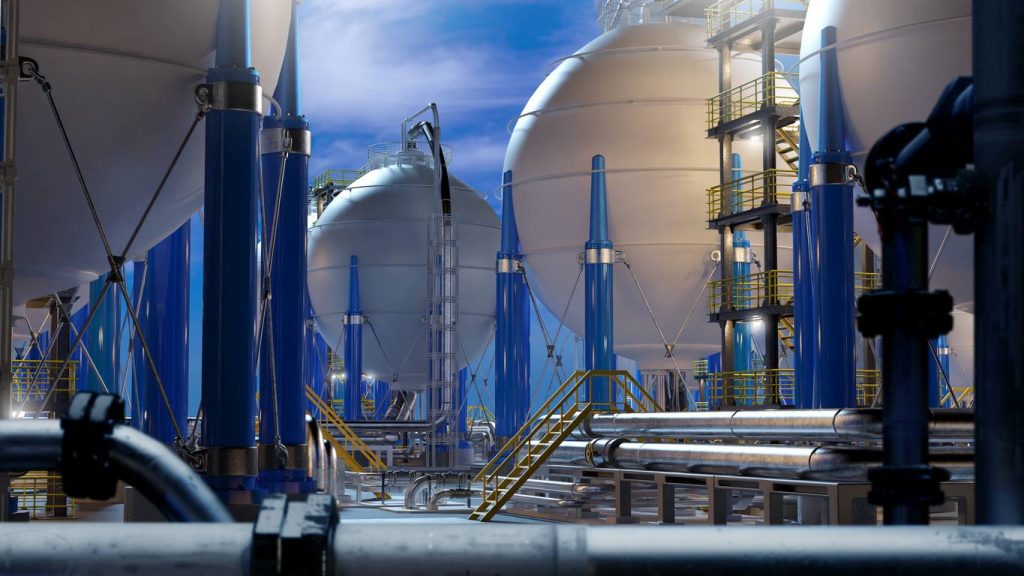
Further updates include clarifications and refinements to other gas-related standards. These cover changes in liability insurance forms for gas boilers, installation standards for double-structured flues, and revisions to terminologies under KGS GC209. LPG standards, such as KGS FP331, now emphasize rigorous safety evaluations for container charging and inspections. All updates aim to enhance safety, promote international harmonization, and provide clear technical guidelines for the gas and hydrogen industries.
Feel free to contact us any time if you need assistance or have any questions regarding Korean certifications like KC, KC EMC, KCs, KCs for explosion safety products or KGS factory registration.
Tel. Europe: +49-69-271 37 69 259
Tel. US: +1 773 654-2673
Email: info@korea-certification.com
For more information you can download our free brochure “Korea Certification Made Easy – The Booklet“.
Updated Standards for Pressure Vessels in Korea
The Korean Ministry of Trade, Industry, and Energy has revised key standards under the High-Pressure Gas Safety Control Act, as outlined in Notice No. 2024-753. These updates affect gas wholesale operations, refrigeration and specific equipment, and valves and safety components. For storage tanks and pressure vessels (KGS AC111, AC113, AC114, AC115), the revisions introduce clearer labeling to indicate hydrogen pressure vessel lifecycles, set criteria for emergency stop mechanisms and anti-misoperation systems in fixed tanks, and detail non-destructive testing methods for welds. Updates also include standards for internal piping, drain valves, and nameplate locations for small storage tanks. Seismic design and inspections (KGS AC115) for LNG tanks now mandate testing of all welds and permit phased-array ultrasonic testing. Pressure vessels typically require KGS certification to be approved for import and sale in Korea.
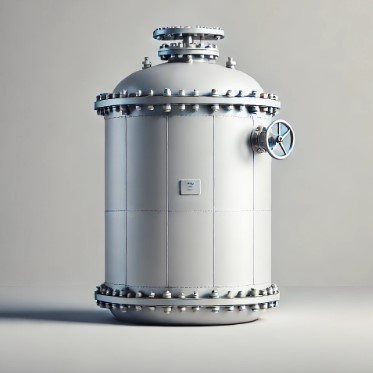
Changes to valves and safety components include updated regulations for toxic gas valve durability testing, with production-phase durability checks removed (KGS AA318). High-pressure safety valves now align with international standards, incorporating ASME Section XIII manufacturing criteria (KGS AA319). Other revisions address gas pipeline installation, regulator stations, and marking standards, ensuring consistency with national safety regulations and related laws. The updates aim to improve safety, clarify processes, and harmonize with global practices.
Feel free to contact us any time if you need assistance or have any questions regarding Korean certifications like KC, KC EMC, KCs, KCs for explosion safety products or KGS factory registration.
Tel. Europe: +49-69-271 37 69 259
Tel. US: +1 773 654-2673
Email: info@korea-certification.com
For more information you can download our free brochure “Korea Certification Made Easy – The Booklet“.
Revisions to Standards for Hydrogen Equipment and Fuel Cells Announced by KGS
The Ministry of Trade, Industry, and Energy (MOTIE) has recently approved and announced revisions to the Korean Gas Safety (KGS) Codes. The amendments pertain to the manufacturing standards for hydrogen extraction equipment and stationary fuel cells, which require a KGS factory registration. Notably, new seismic design standards have been introduced for above-ground hydrogen facilities and buried hydrogen pipelines.
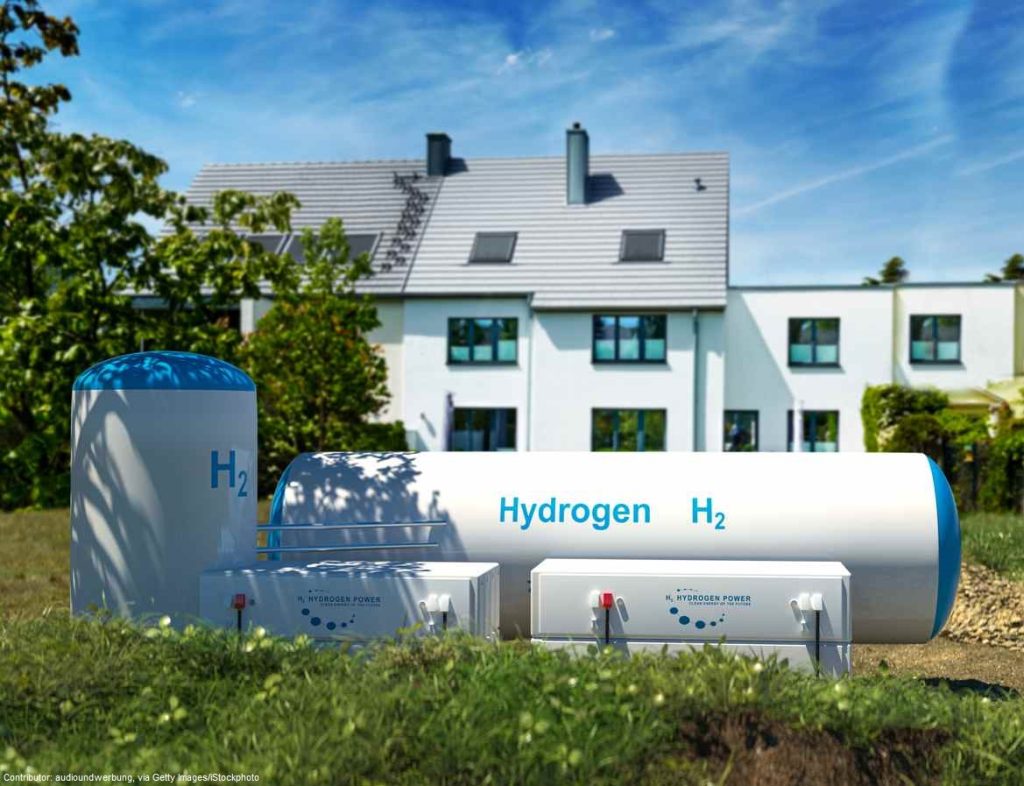
The specific KGS Code standards affected by these revisions include AH171 (Hydrogen Extraction Equipment Manufacturing Standards), AH271 (Water Electrolysis Equipment Manufacturing Standards), AH371 (Stationary Fuel Cell Manufacturing Standards), AH372 (Mobile Fuel Cell Manufacturing Standards for Forklifts), and AH373 (Mobile Fuel Cell Manufacturing Standards for Drones).
Additionally, revisions have been made to standards concerning hydrogen facilities, including FU671 (Hydrogen Fuel Utilization Facility Standards), GC202 (Cathodic Protection Standards for Gas Facilities), GC203 (Seismic Design Standards for Gas Facilities and Above-Ground Gas Pipelines), GC204 (Seismic Design Standards for Buried Gas Pipelines), and GC205 (Welding and Non-Destructive Testing Standards for Gas Facilities). These amendments are predominantly focused on hydrogen-related facilities.
Key changes introduced by these revisions include the unification of standards for hydrogen product charging structures, with a clear distinction made between cases where protective housings can be easily detached and those where they cannot. The scope of application for solid oxide fuel cells has also been expanded to include cascade systems. Furthermore, seismic performance testing standards for mobile fuel cells used in forklifts and drones have been revised in accordance with U.S. military standards.
Other notable changes include the refinement of painting standards for hydrogen pipelines and the removal of the ban on installing ventilation fans in hydrogen fuel cell rooms. New standards have also been established for the cathodic protection of hydrogen facilities, as well as for the seismic design of both above-ground and buried hydrogen pipelines.
In addition to these revisions, the MOTIE has approved updates to standards related to city gas utilization facilities, liquefied petroleum gas (LPG) charging, collective supply, and storage facilities. These changes underscore ongoing efforts to enhance safety and ensure consistent standards across the industry.
Feel free to contact us any time if you need assistance or have any questions regarding Korean certifications like KC, KC EMC, KCs, KCs for explosion safety products or KGS factory registration.
Tel. Europe: +49-69-271 37 69 261
Tel. US: +1 773 654-2673
Email: info@korea-certification.com
For more information you can download our free brochure “Korea Certification Made Easy – The Booklet“.
National Radio Research Agency Announces New Relevant Product Types and Reclassifications
The National Radio Research Agency (RRA) has officially announced updates to the suitability assessment standards for various broadcasting and telecommunications equipment, which came into effect on June 30, 2024. The new requirements introduce a reclassification for certain types of equipment, which all require a KC EMC registration in order to be approved for import an sales in Korea. The updates are primarily aimed at ensuring that all relevant equipment meets the necessary safety and performance criteria in accordance with the latest technological developments.
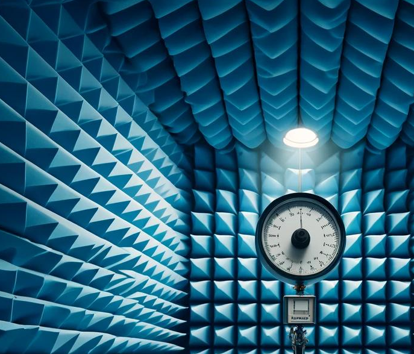
Among the new devices now subject to conformity assessments are:
- Laser Welding and Cutting Equipment
Classified under industrial and scientific electric machinery, these devices will now require testing with a designated institution. - LED Hair Growth Helmet
Falling under beauty equipment, these helmets must also be registered with a designated testing institution to comply with the new regulations. - UV Sterilizers for Nails
Another category of beauty equipment, UV nail sterilizers will need to undergo testing and registration with a designated body. - Tufting Guns
Classified as electric tools, tufting guns will require registration with a designated testing institution. - Heat Guns
Heat guns, categorized under electric heat tools, will now fall under the new self-verification registration. - Automatic Can Seamers, Laser Engravers, and Laser Marking Machines
These devices, commonly used in office and business settings, will also need to be registered with a designated testing institution. - Smoke Detectors and Inverters
Equipment such as smoke detectors and inverters will require self-verification registration under the new rules. - LiDAR Systems
Automotive LiDAR systems must be registered with a designated testing institution.
In addition to the introduction of new devices, the RRA has also revised the assessment types for certain equipment. For instance:
- Lint Removers will transition from designated testing institution registration to the new self-verification registration.
- Electric Insect Killers will move from self-test registration to designated testing institution registration.
These changes underline the RRA’s continuous efforts to maintain high standards in product safety and performance, ensuring that all equipment distributed within South Korea meets rigorous conformity requirements.
If you have products in these categories, we would be happy to support you with the registration under these new regulations.
For products with radio technologies, a KC EMC certification is also required to gain access to the South Korean market. This applies to products with radio technologies such as Wi-Fi, Bluetooth, RFID or other wireless communication technologies.
Feel free to contact us any time if you need assistance or have any questions regarding Korean certifications like KC, KC EMC, KCs, KCs for explosion safety products or KGS factory registration.
Tel. Europe: +49-69-271 37 69 261
Tel. US: +1 773 654-2673
Email: info@korea-certification.com
For more information you can download our free brochure “Korea Certification Made Easy – The Booklet“.
Updated KGS Standards for Hydrogen and LPG Piping in South Korea
The Gas Technology Standards Committee (Chairman Shin Dong-il) recently convened its 155th meeting, where 15 revisions to detailed standards, including KGS FU671, were reviewed and approved. These updates involve significant changes to the standards governing hydrogen pipelines, particularly regarding the electrical method, non-destructive inspection procedures, and seismic design for buried pipelines. Additionally, new standards for ventilation in hydrogen fuel cell rooms and the painting of hydrogen piping have been introduced to better align with practical, on-site conditions. Pressure piping materials typically require KGS certification to be approved for import and sale in South Korea.
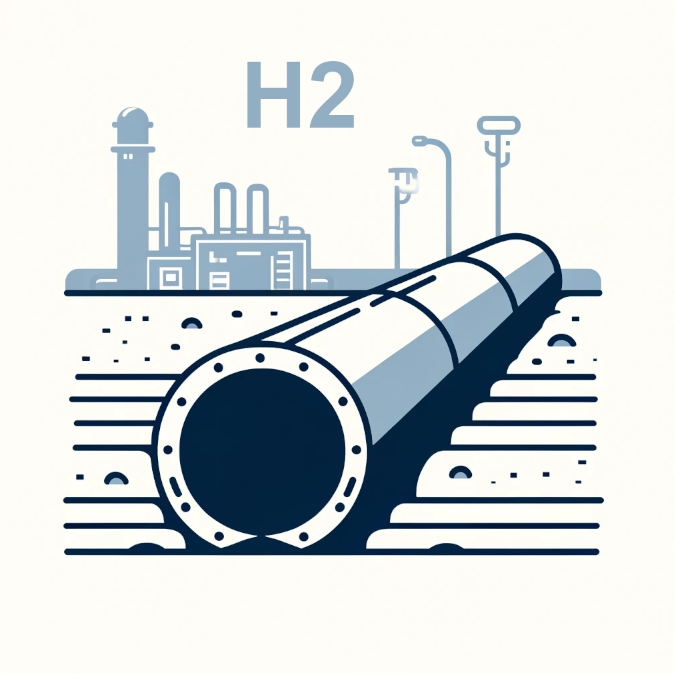
The meeting also focused on revisions related to city gas and liquefied petroleum gas (LPG) facilities. For city gas systems, updated standards for pipes installed in homes and for sound-absorbing materials in pressure regulator rooms have been clarified. Meanwhile, the LPG division introduced new standards for installing fixed image information processing devices at charging stations to enhance safety. These changes, along with adjustments to standards for river crossing installations and airtightness tests for buried pipes, are expected to be approved by the Ministry of Trade, Industry and Energy soon, with the revised standards becoming official upon publication.
Feel free to contact us any time if you need assistance or have any questions regarding Korean certifications like KC, KC EMC, KCs, KCs for explosion safety products or KGS factory registration.
Tel. Europe: +49-69-271 37 69 261
Tel. US: +1 773 654-2673
Email: info@korea-certification.com
For more information you can download our free brochure “Korea Certification Made Easy – The Booklet“.
South Koreas Radio Research Agency announces Changes to Conformity Assessment Standards
In a significant announcement, the National Radio Research Agency (RRA) has released a draft amendment to the Regulations for the Conformity Assessment of electronic devices for electromagnetic compatibility. Many electronic devices require a KC EMC registration in order to be approved for import and sale in Korea. The changes are scheduled to take effect on July 24, 2024.

The primary reasons for the proposed amendments include the introduction of a self-conformity verification system for certain low-risk product categories, establishing detailed procedures for reporting and rectifying non-conforming equipment, as well as defining new roles and responsibilities of domestic representatives of foreign manufacturers. Additionally, the amendment aims to simplify the method of indicating conformity assessment on equipment and packaging. The proposed changes encompass a reclassification of target equipment, introduction of new procedures for document submission, and clear guidelines for addressing major defects in equipment that has undergone conformity assessment.
Despite being a self-conformity verification system, it is important to note that affected manufacturers are still required to go through a process of officially registering their products with the RRA in a database. However, products falling under the new system will benefit from less stringent marking requirements.
If you have products for which a KC EMC registration or the new self-conformity verification is required, we would be happy to support you with the registration under these new regulations.
For products with radio technologies, a KC EMC certification is also required to gain access to the South Korean market. This applies to products with radio technologies such as Wi-Fi, Bluetooth, RFID or other wireless communication technologies.
Feel free to contact us any time if you need assistance or have any questions regarding Korean certifications like KC, KC EMC, KCs, KCs for explosion safety products or KGS factory registration.
Tel. Europe: +49-69-271 37 69 261
Tel. US: +1 773 654-2673
Email: info@korea-certification.com
For more information you can download our free brochure “Korea Certification Made Easy – The Booklet“.
9 Product Standards from Gas Sector revised, including KGS FP111
The Korean Gas Technical Standards Committee has recently approved changes to nine detailed product standards, including ‘KGS FP111’, which pertains to the facility, technology, inspection, supervision, and precision safety inspection of high-pressure gas manufacturing. High-pressure vessels and other products from the gas sector generally require a KGS Registration in order to be approved for import and distribution in Korea.
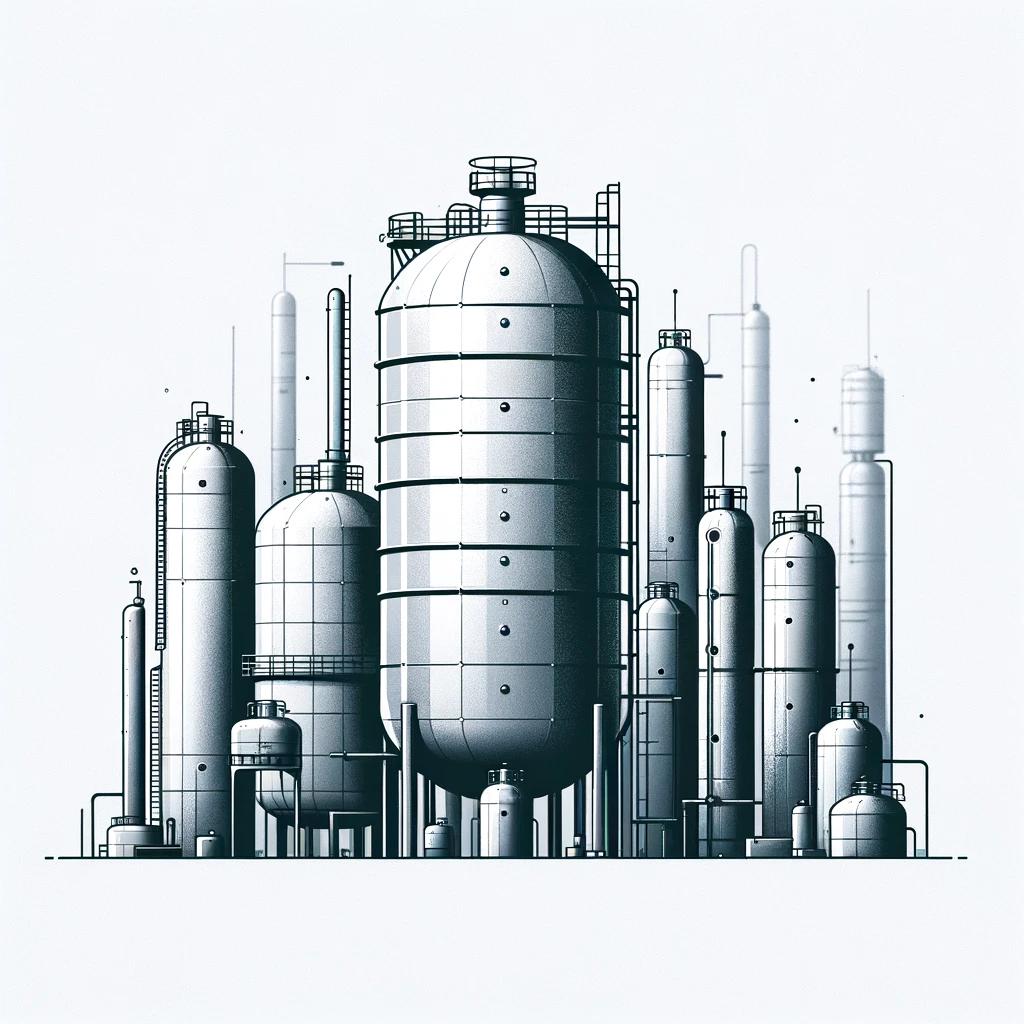
Key updates include standardizing the separation distance between storage tanks and integrating water spraying devices according to existing facility standards.
The amendments also address the placement of safety valves in specific equipment and establish distances between buried pipes and water facilities in setups using ammonia as hydrogen carrier gas.
These updates support the government’s ‘Hydrogen Safety Management Roadmap 2.0.’
The Korea Gas Safety Corporation anticipates that these revised standards will gain final approval from the Ministry of Trade, Industry and Energy soon and be published officially in the Korea Electronic Gazette. The updated KGS Code will be accessible online following its publication.
Feel free to contact us any time if you need assistance or have any questions regarding Korean certifications like KC, KC EMC, KCs, KCs for explosion safety products or KGS factory registration.
Tel. Europe: +49-69-271 37 69 261
Tel. US: +1 773 654-2673
Email: info@korea-certification.com
For more information you can download our free brochure “Korea Certification Made Easy – The Booklet“.
Simplified Categorization of Textile Products for young Children
The Korean Agency for Technology and Standards (KATS) under South Korea’s Ministry of Trade, Industry and Energy plans to simplify textile product standards for baby, children, and household items to alleviate challenges faced by textile companies. Clothes for young children generally need KC Certification in order to be approved for import and use in South Korea.

The revision, announced on June 6, consolidates ten product categories into six, streamlining classifications such as merging footwear and hats into outerwear, gloves into middlewear, and socks into innerwear. This change aims to broaden the recognition of similar product models.
Overview of the changes:
| Outerwear Midlayer Innerwear Bedding Footwear Socks Gloves Hats Bags Baby Products | → | Outerwear (+ Shoes, Hats) Midlayer (+ Gloves) Innerwear (+ Socks) Bedding Footwear Socks Gloves Hats Bags Baby Products |
Additionally, a new, simplified test method for detecting hazardous arylamine has been introduced to lower testing costs. The updated standards also address societal concerns by allowing labels to include “reused wool” to promote animal welfare and eco-friendly consumption, and provide flexibility in labeling the date of manufacture or importation for imported products.
Feel free to contact us any time if you need assistance or have any questions regarding Korean certifications like KC, KC EMC, KCs, KCs for explosion safety products or KGS factory registration.
Tel. Europe: +49-69-271 37 69 261
Tel. US: +1 773 654-2673
Email: info@korea-certification.com
For more information you can download our free brochure “Korea Certification Made Easy – The Booklet“.
Rollout of new Energy Efficiency Classification System for Electric Vehicles
The Ministry of Trade, Industry and Energy of Korea has fully launched an energy efficiency rating system for electric vehicles, categorizing 278 models into five levels. From March 31, 2024, each vehicle in the market will display a grade indicating its energy efficiency. This initiative is expected to spur technological advancement in the sector and encourage consumer interest in more efficient electric vehicles. Components and equipment used for electric vehicle production usually require KC certification, KOSHA certification or other certifications in order to be approved for import and use on the Korean market.
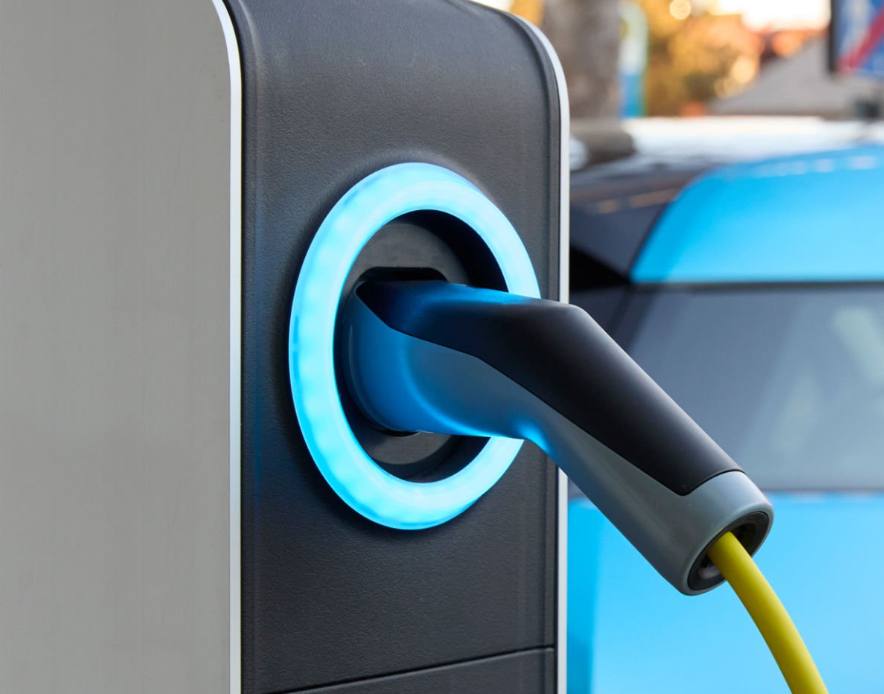
The breakdown shows six vehicle models in the top tier, achieving 5.8km/kWh or more, while the subsequent tiers have Tier 2: 54 models, Tier 3: 73 models, Tier 4: 83 models, and Tier 5: 62 models, with the least efficient category managing less than 3.3km/kWh. Annual charging costs for the most efficient cars are significantly lower, estimated at 530 EUR compared to 1100 EUR for the least efficient.
The government’s strategy also includes a focus on reducing the retail prices of electric cars, thereby enhancing market competitiveness and consumer benefits, such as more charging stations, funded by savings from subsidy reductions.
Feel free to contact us any time if you need assistance or have any questions regarding Korean certifications like KC, KC EMC, KCs, KCs for explosion safety products or KGS factory registration.
Tel. Europe: +49-69-271 37 69 261
Tel. US: +1 773 654-2673
Email: info@korea-certification.com
For more information you can download our free brochure “Korea Certification Made Easy – The Booklet“.
25 KS planned for Autonomous Driving by 2025
Over the course of the last year, a panel of 300 Korean experts (the Autonomous Forum for Vehicle Standardization) formulated a plan that should lead to the adoption of at least 25 new KS (Korean Standards) by 2025 to cover the field of “autonomous driving”. The desired standards should cover important, fundamental topics, such as data standards or standards for core components such as lidar, cameras, etc. The Korean KS Standards define the mandatory KC Safety, KCs Certification and other product certifications that products must fulfill in order to be approved for the Korean market.

The plan (‘Strategy for Promoting Autonomous Vehicle Standardization’) aims to ensure the safety and beneficial value of rapidly developing new technologies such as artificial intelligence.
To this end, data attributes such as the processing of traffic signals or the perception of the course of the road must also be covered by specific standards in order to enable the use of these new technologies in a meaningful way.
Furthermore, test requirements are also to be formulated that must be placed on core components such as lidar, displays and others in order to be able to guarantee the quality and safety of these elements.
In the course of these developments, standards for service models will also be created to access autonomous driving.
Accordingly, in addition to the 25 new CS made, an additional 30 new CS are to be formulated by 2025.
Feel free to contact us any time if you need assistance or have any questions regarding Korean certifications like KC, KC EMC, KCs, KCs for explosion safety products or KGS factory registration.
Tel. Europe: +49-69-271 37 69 261
Tel. US: +1 773 654-2673
Email: info@korea-certification.com
For more information you can download our free brochure “Korea Certification Made Easy – The Booklet“.



